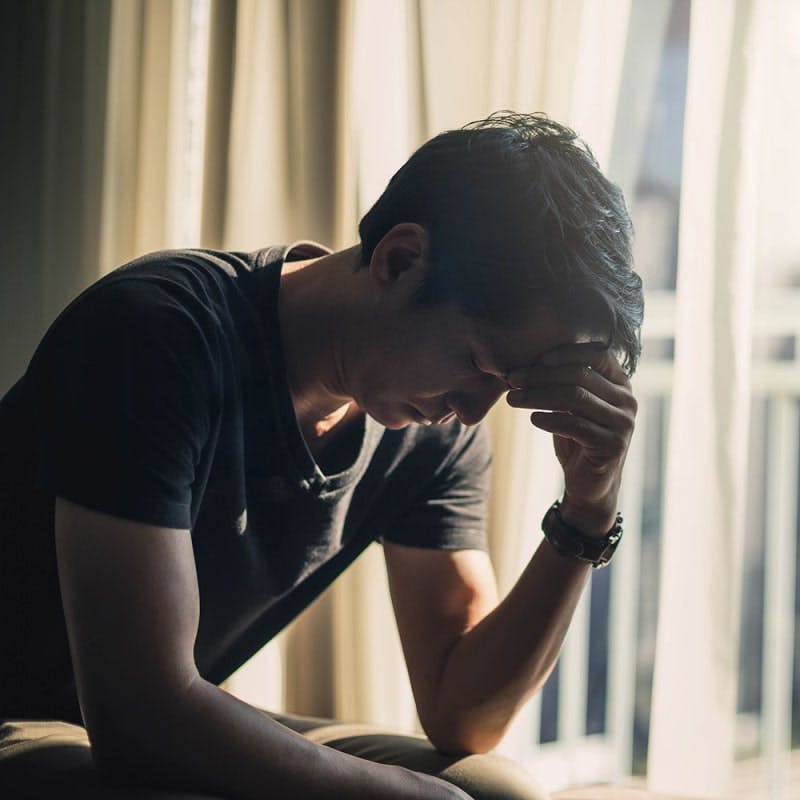Generalised anxiety disorder (GAD) can drastically affect people’s mood and lifestyle. It can be a long term condition that fluctuates in nature and severity.
The disorder occurs at any age but is common in adolescence and can be diagnosed if symptoms have been present for at least 6 months.
GAD may be present alongside symptoms of depression and can pose health risks if not addressed. Find out if you suffer from generalised anxiety disorder and get the right treatment today by booking an online GP appointment.
Alternatively you can refer yourself to a specialist Doctor without seeing a GP first.
